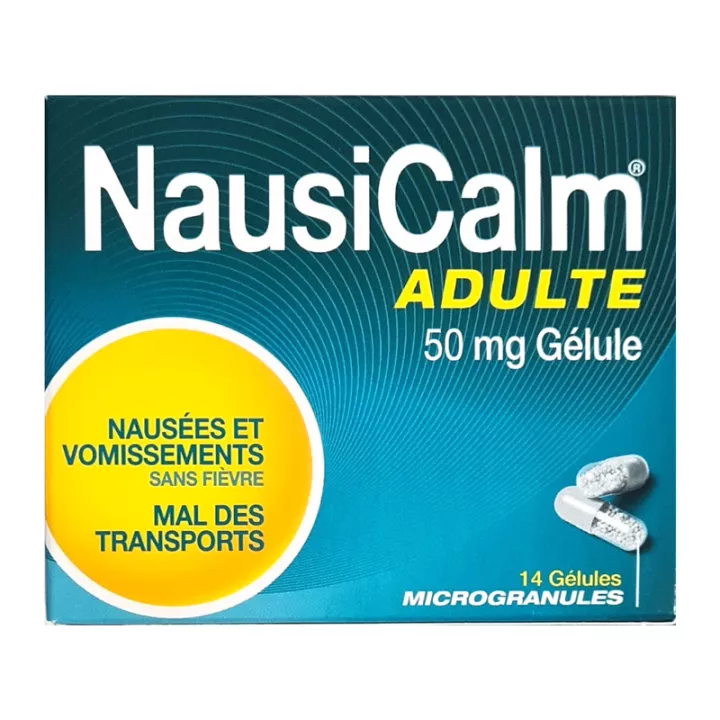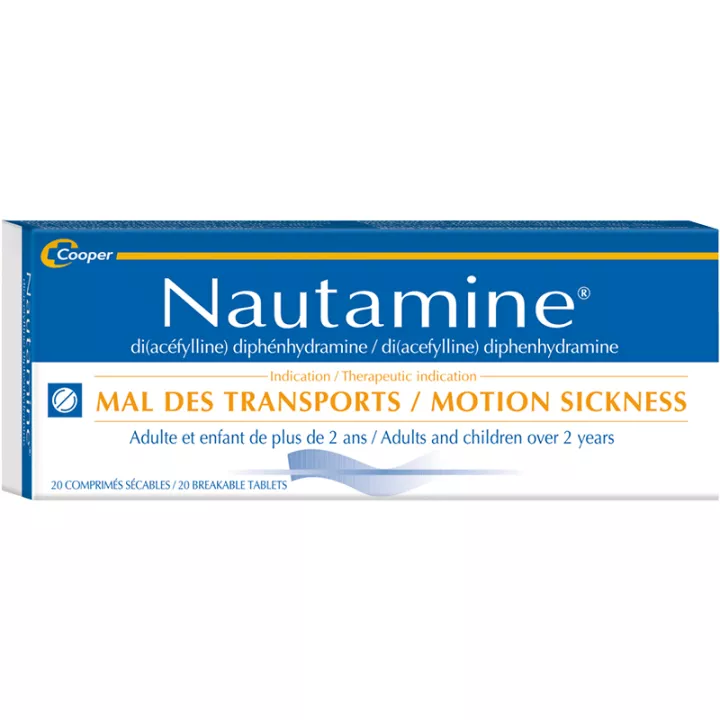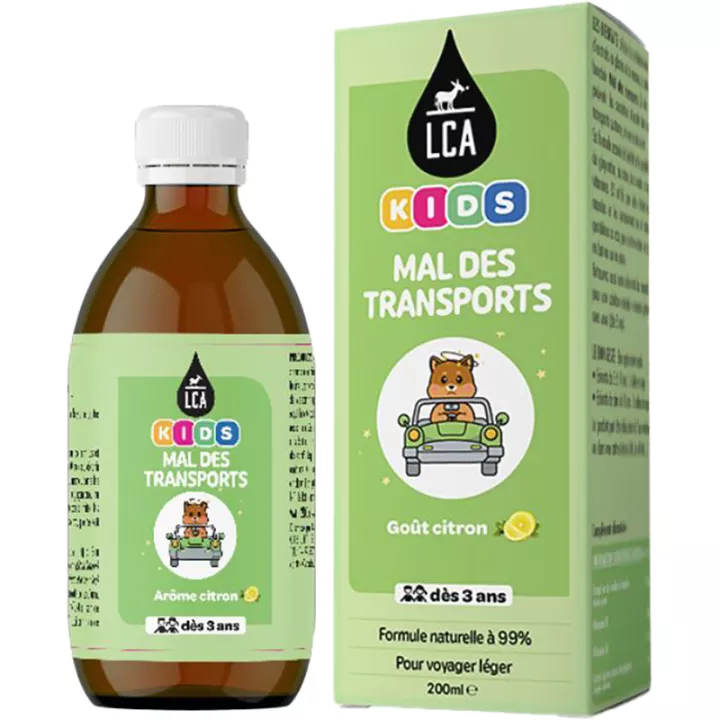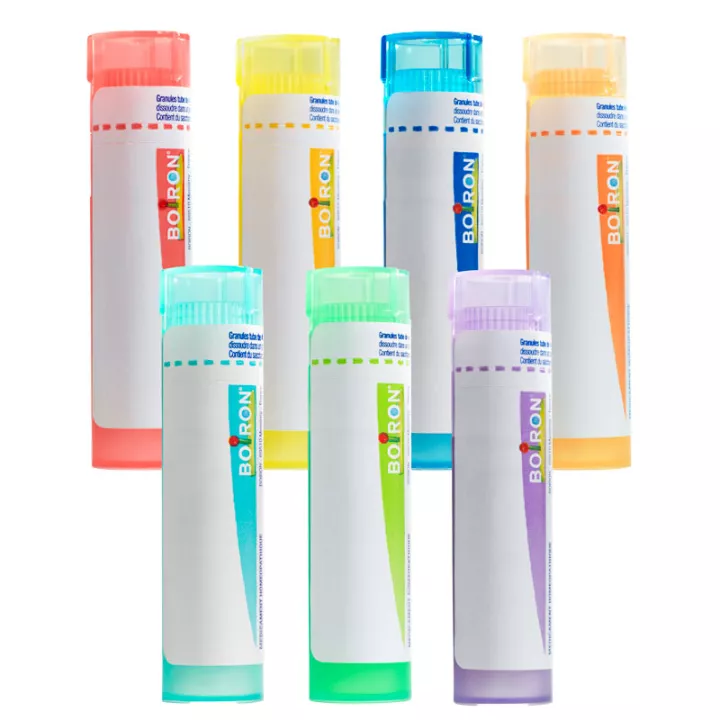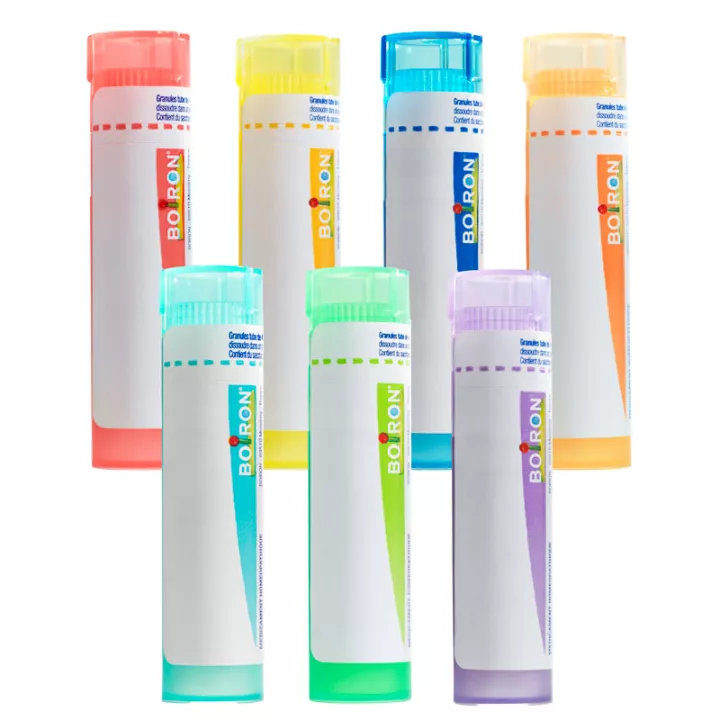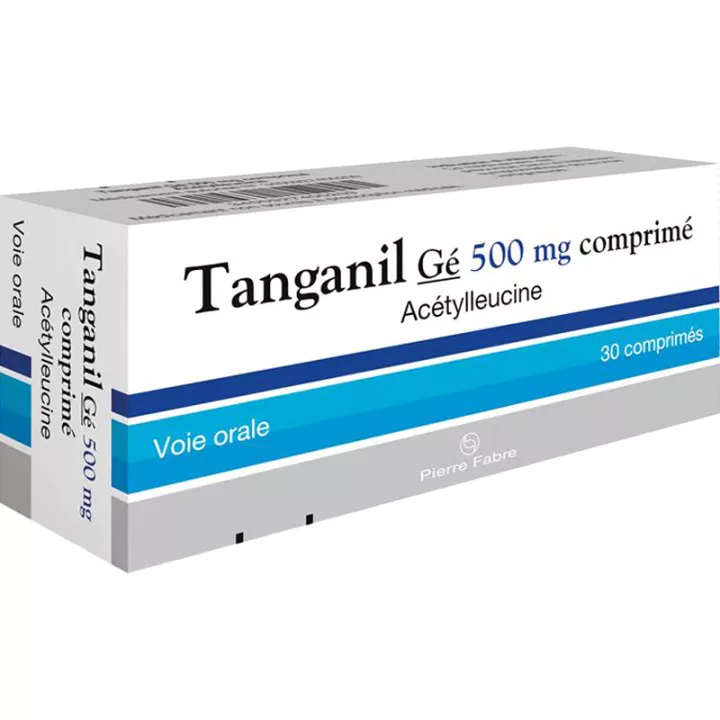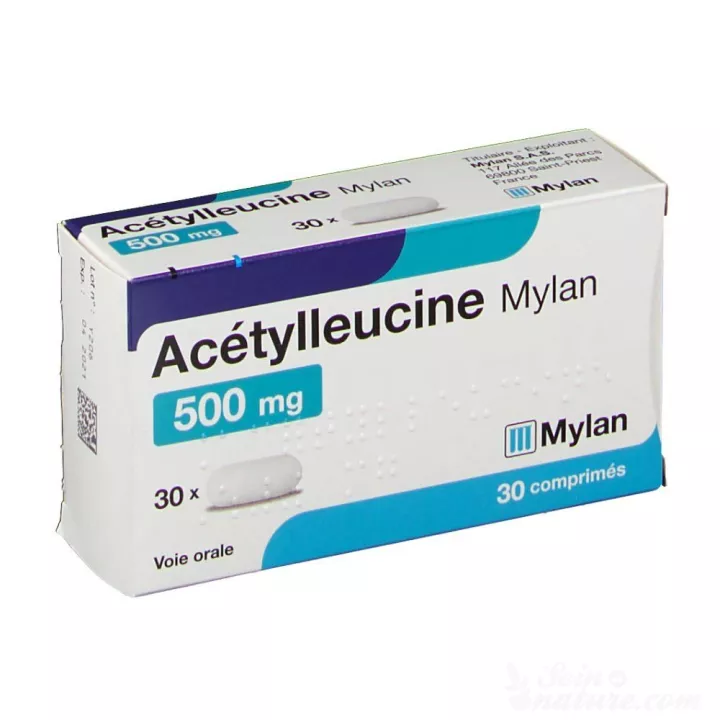NOTICE
ANSM - Last updated: 06/02/2017
Name of the medicinal product
AGYRAX, scored tablet
Meclozine Hydrochloride
framed
Please read this leaflet carefully before you start taking this medicine because it contains important information for you.
You should always take this medication exactly as prescribed in this leaflet or by your doctor or pharmacist.
· Keep this leaflet. You might need to read it again.
· Ask your pharmacist for advice or information.
· If you experience any of the side effects, talk to your doctor or pharmacist. This also applies to any side effects not mentioned in this leaflet. See section 4.
· You should talk to your doctor if you do not feel better or feel less well.
Review summary
What this leaflet contains:
1. What is AGYRAX, scored tablet and in which cases it is used?
2. What should be known before taking AGYRAX tablet scored?
3. How to take AGYRAX, scored tablet?
4. What are the possible side effects?
5. How to store AGYRAX, scored tablet?
6. Additional information.
1. WHAT IS AGYRAX, scored tablet AND WHAT IT IS USED FOR?
Pharmacotherapeutic group
Not applicable.
Therapeutic indications
This drug is recommended in adults:
· in the treatment of dizziness.
· in the prevention and treatment of motion sickness.
2. BEFORE YOU TAKE AGYRAX, scored tablet?
List of information needed before taking the medication
If your doctor has told you about an intolerance to some sugars, contact your doctor before taking this medicine.
Cons-indications
Never take AGYRAX, scored tablet:
This medicinal product should NOT be used in the following cases:
· Allergy known to meclozine or to any of the constituents of the product, or to a piperazine derivative
· Difficulties in urinating with prostatic origin
· Acute glaucoma (sudden increase in eye pressure)
· Hepatic insufficiency
IN CASE OF DOUBT, IT IS ESSENTIAL TO ASK FOR THE OPINION OF YOUR DOCTOR OR YOUR PHARMACIST.
Precautions for use; special warnings
Take special care with AGYRAX, scored tablet:
Special warnings
Absorption of drinks or medications containing alcohol is not recommended for the duration of treatment.
The use of this medication is not recommended in patients with galactose intolerance, Lapp lactase deficiency or glucose or galactose malabsorption syndrome (rare hereditary diseases).
Precautions for use
AGYRAX, scored tablet should be used with caution in the elderly and in patients with epilepsy.
Treatment with AGYRAX, scored tablet should be discontinued four days before allergic tests.
IN CASE OF DOUBT DO NOT HESITATE TO REQUEST THE NOTICE OF YOUR DOCTOR OR PHARMACIST.
TO AVOID POSSIBLE INTERACTIONS BETWEEN SEVERAL MEDICINAL PRODUCTS, IT MUST BE INFORMED SYSTEMATICALLY OF ANY OTHER TREATMENT IN PROGRESS AT YOUR DOCTOR OR YOUR PHARMACIST.
NEVER LEAVE TO CHILDREN.
Interaction with other medicines
Other medicines and AGYRAX, scored tablet
If you are taking or have recently taken any other medicines, including medicines obtained without a prescription, talk to your doctor or pharmacist.
Interactions with food and beverages
Not applicable.
Interactions with Herbal Medicines or Alternative Therapies
Not applicable.
Use during pregnancy and lactation
Pregnancy
This medication, under normal conditions of use, may be used during pregnancy. However, you should always seek the advice of your doctor before using it and never exceed the recommended dose.
feeding
The passage of this drug in breast milk is possible. Given its sedative or exciting properties that may affect your child (lethargy, decreased tone, or insomnia), this drug is not recommended in case of breast-feeding.
If you are pregnant or breastfeeding, think you may be pregnant or plan a pregnancy, ask your doctor for advice or your pharmacist before taking this medicine.
Sport
Not applicable.
Effects on ability to drive or use machines
Driving and using machines
This medication may cause drowsiness and decreased alertness.
List of excipients with known effect
AGYRAX, scored tablet contains lactose.
3. HOW TO TAKE AGYRAX, scored tablet?
Instructions for proper use
Not applicable.
Dosage, Mode and / or route (s) of administration, Frequency of administration and Duration of treatment
Dosage / Mode of Administration / Administration Frequency / Duration of Treatment
Dizzy Crisis
1 to 3 tablets per day to be taken before meals.
Swallow without chewing with a little water or other non-alcoholic beverage.
Travel sickness
The 1 st decision must be made 1 hour before the trip: 1 to 4 tablets per day.
IN ALL CASES CONFORM TO THE ORDER OF YOUR DOCTOR STRICTLY.
Symptoms and Instructions for Overdose
Not applicable.
Instructions for omission of one or more doses
Not applicable.
Risk of withdrawal syndrome
Not applicable.
If you have any further questions on the use of this medication, ask your doctor or pharmacist.
4. WHAT ARE POSSIBLE SIDE EFFECTS?
Description of adverse reactions
Like all medicines, this medicine may cause side effects, although not everybody gets them.
They are related to the action of the drug on the central nervous system, the ingested dose and the individual sensitivity of each.
The most common side effects are drowsiness or sedation.
May also occur:
· Acceleration of the pulse, drop in blood pressure
· ringing of ears, dizziness
· abdominal pain, constipation, diarrhea,
· decreased or increased appetite
· headache, abnormal movements, fatigue, anxiety, euphoric mood, excitement, hallucinations, insomnia
· blurry vision
· urinary retention
· dryness of the mouth, throat and nose
· allergic reaction localized (rash) or generalized (anaphylactic shock)
Declaration of side effects
If you experience any side effects, talk to your doctor or pharmacist. This also applies to any side effects not mentioned in this leaflet. You can also report adverse reactions directly via the national reporting system: National Agency for the Safety of Medicines and Health Products (ANSM) and network of Regional Centers of Pharmacovigilance
By reporting adverse reactions, you are helping to provide more information about the safety of the drug.
5. HOW TO STORE AGYRAX, scored tablet?
Keep this medicine out of the reach and sight of children.
Expiration date
Do not use this medicine after the expiry date which is stated on the carton. The expiry date refers to the last day of that month.
Storage conditions
No special storage conditions.
If necessary, warnings against visible signs of deterioration
Do not throw any medication into drains or household waste. Ask your pharmacist to remove any medications you are no longer using. These measures will help protect the environment.
6. ADDITIONAL INFORMATION
Full list of active substances and excipients
What AGYRAX contains: scored tablet:
· The active substance is:
Meclozine hydrochloride ............................................... ......................................... 25 mg
For a scored tablet.
· The other components are:
Lactose, corn starch, talc, polyvidone K 30, calcium stearate, anhydrous colloidal silica.
Pharmaceutical form and content
Aspect of AGYRAX, scored tablet and contents of the pack:
This medication is in the form of a scored tablet. Box of 15 or 60 tablets.
Name and address of the marketing authorization holder and the holder of the manufacturing authorization responsible for the release of the lots, if different
Marketing Authorization Holder and Manufacturer
Holder
TERALI PRODUCTS
23 RUE CHRISTOPHE PLANTIN
ZA THE HIGH LIMOUGERE
37230 FONDETTES
exploiting
TERALI PRODUCTS
23 RUE CHRISTOPHE PLANTIN
ZA THE HIGH LIMOUGERE
37230 FONDETTES
Maker
UCB PHARMA SA
CHEMIN DU FORIEST
1420 BRAINE L'ALLEUD
BELGIUM
or
DELPHARM EVREUX
5 RUE DU GUESCLIN
27000 EVREUX
Names of the medicinal product in the Member States of the European Economic Area
Not applicable.
Date of approval of the notice
The last date on which this notice was revised is {date}.
AMM under exceptional circumstances
Not applicable.
Internet Information
Detailed information on this medicine is available on the ANSM website (France).
Information for health professionals only
Not applicable.
Other
Not applicable.






